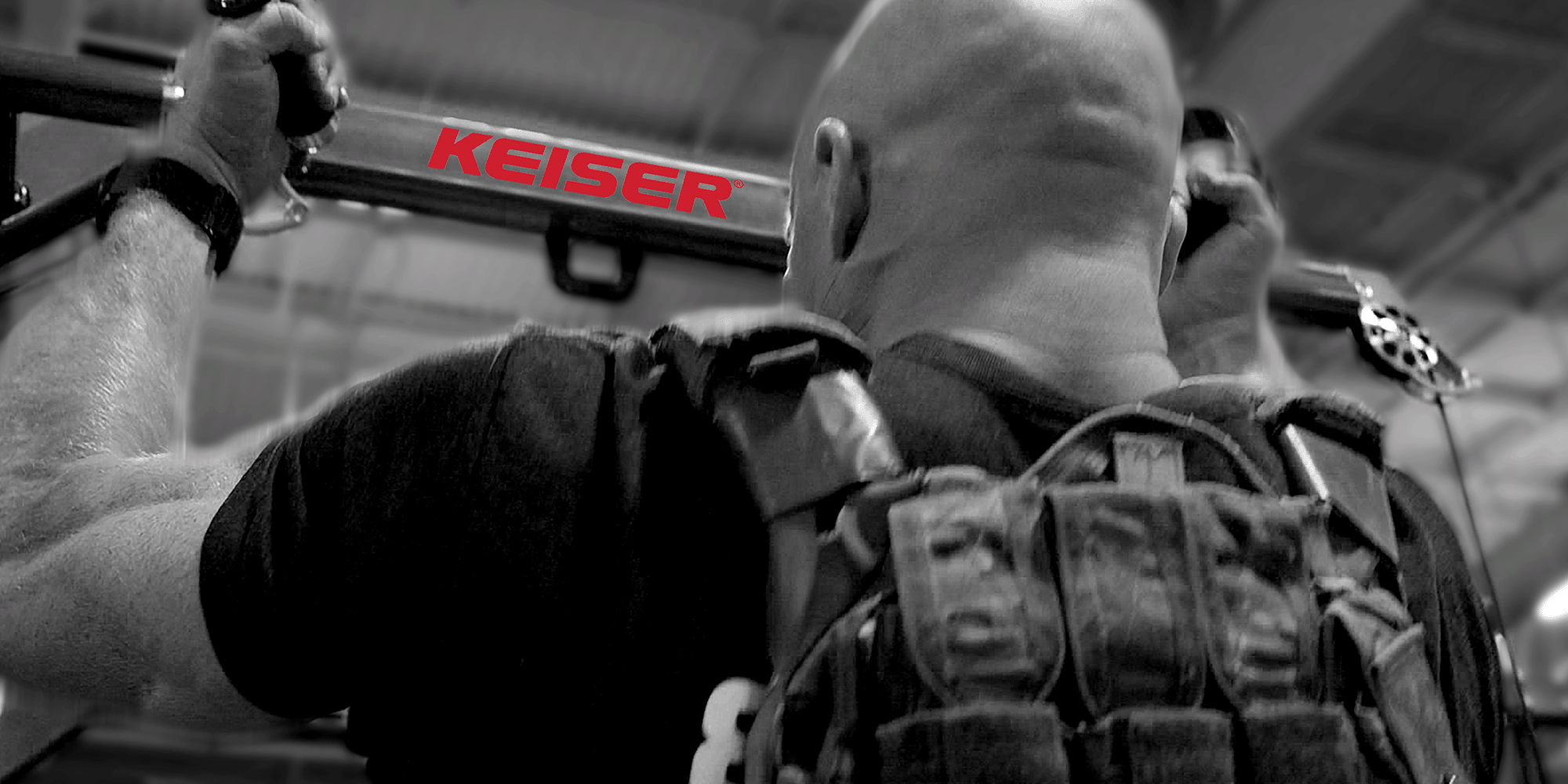1 min read

Tactical Performance Training: Key Insights for Success
Preparing for the extreme demands of military, firefighting, and law enforcement roles requires specialized training. This article provides a summary of insights from experts Scott Morrison and Lance Stuckey who joined us on the Keiser Education Series podcast for a roundtable discussion. We discuss the unique challenges faced by tactical athletes and how to train for the extreme demands of these jobs.
Key points covered:
- The difference between tactical and traditional training
- Developing robustness and resilience in tactical athletes
- The role of a multidisciplinary support team
- Challenges and advice for aspiring tactical trainers
For a more in-depth exploration, be sure to watch the video on Youtube or check out this accompanying audio version.
What sets tactical training apart?
Tactical performance training is far more complex than traditional fitness. Tactical athletes face unpredictable, high-stress situations where their physical and mental limits are tested. To help them prepare, trainers must go beyond simple strength and endurance training.
Experts Scott Morrison and Lance Stuckey emphasize two key qualities tactical athletes need:
- Robustness: The ability to perform under harsh conditions, with heavy gear, and for long periods of time.
- Resilience: The mental and emotional toughness to handle setbacks, injuries, and the extreme stress of the job.
The path to tactical performance
Morrison and Stuckey both transitioned into training tactical athletes after working in other specialized fields. Their journeys highlight important qualities for success:
- Passion: Dedication to helping these remarkable individuals is essential.
- Adaptability: Be ready to change your plans and work with limited resources.
Building a resilient warrior
Trainers must create programs that develop both physical robustness and mental resilience in tactical athletes. This means:
- Strength, endurance, and real-world conditioning.
- Training for scenarios they'll likely face.
- Mental toughness exercises and stress management.
Support is a team effort
A true Human Performance Optimization (HPO) team offers athletes the best chance at success. This team approach includes:
- Physical therapists: Focus on injury prevention and rehab.
- Dietitians: Develop nutrition plans for optimal fuel and recovery.
- Psychologists: Offer stress management techniques and mental health support.
Embracing the challenges
Tactical performance trainers should expect the unexpected:
- Limited facilities: Be creative and flexible with your workouts.
- Deep bonds: You'll form strong connections with the athletes you train.
- Constant learning: Stay up-to-date on the latest in this evolving field.
Advice for aspiring trainers
Morrison and Stuckey offer guidance to those who want to help tactical populations succeed:
- Understand the holistic needs of these athletes.
- Network within the tactical training community.
- Gain experience working with diverse tactical groups.
- Prepare for the emotional demands of the job.
- Prioritize continuous learning and growth.